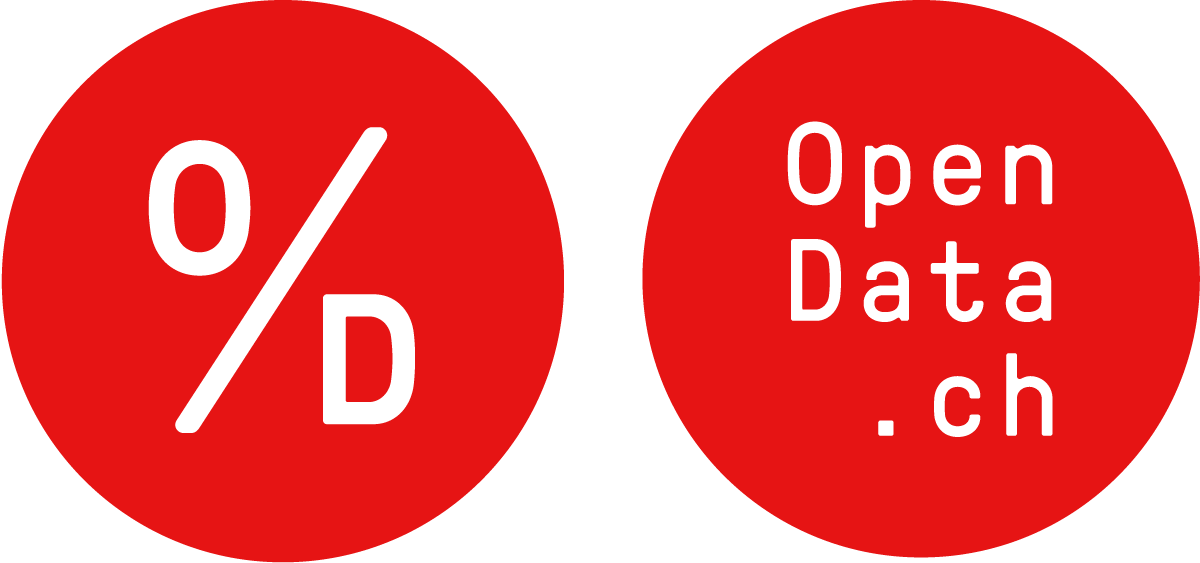#hackdaysreport Energy Data Hackdays 2021
- Energy
- Hackathon
On September 24th-25th, the third edition of the Energy Data Hackdays took place at the Hightech Zentrum Aargau. 85 participants – ranging from data scientists and energy specialists to students and emerit professionals – worked and advised on 14 exciting challenges.
We were very happy and proud to see that some projects were picked up and followed on from previous years, showing how important continuity and consequent documentation of the work is. Many projects involve unifying and aggregating information from the very fragmented energy landscape in Switzerland, as well as the evergreen topic of energy data visualization – how can the data be presented in a user-friendly way? What patterns can be discerned from visually analysing the data?
After two extremely productive days, the teams delivered tangible prototypes of their highly specific and impressive solutions during the final presentations. The feedback from the challenge owners has been very positive and we are confident that most of them are going to support future developments.
A big shout out and congratulations to all the participants and sponsors!
We are already looking forward to meeting you all next year – most likely on the 16th & 17th of September 2022!
Here’s a brief overview of the various projects. Check out their documentation, slides and pitches under the links!
This challenge worked on a visualizing platform for high-resolution energy datasets and compared the time data across time, in order to better analyse evolutions in the electricity sector.
Creating a platform where users can donate and upload their high resolution personal smart meter energy data. This would support the energy transition with fair and democratic innovation.
Spatio-temporal Model of an On-Shore Wind Farm
This group successfully created a visualization and a graph network of a wind farm to better predict power output and optimise control strategies.
This challenge, sponsored by VIA, came up with 9 new model proposals based on three different smart meter datasets, for users to pre-test their own datasets.
Digital Twins for Domestic Energy Systems
This group created different visualisations and machine learning models using sensor data from digital twins. They also looked into the potential benefits and risks of using digital twins for new services.
Trends in Tertiary Energy Prices
This group used random forest models to measure variable importance that impact tertiary energy prices.
Prequalification of Resources with Limited Energy Reservoir (LER)
Revising the prequalification necessary for services to participate in the ancillary services market, to include more LER resources.
Climate Neutral Cities – St. Gallen
This group created a prototype of an online platform that provides the user with an overview of different energy variables (e.g. type of heating system) of various buildings in the city.
Electricity “Heartbeat” 2035 in the Canton of Zurich
This challenge created geospatial visualizations to better understand where and when electricity will be produced and consumed in the year 2035 for the grid of the canton of Zurich.
Here the aim was to find out the times at which it is “greener” to charge an EV by analysing the CO2 intensity of charging across different time periods. Their preliminary analyses show a potential CO2 reduction of up to 25% by shifting charging times.
Interoperability Plug-Test for Smart Meter’s Local Data
This group created the draft of a standard to harmonize the data & profile publication of different smart meters, starting with 4 different models. Only when smart meter readings and outputs are standardized will we be able to analyse overall consumption and prosumption patterns and thereby optimize energy production.
Here the aim was to investigate the possibilities for financing renewable energy projects with tokenization and fractional ownership of digital assets. The group worked on processes that have so far been mostly neglected in the business pipeline and could prototype the user management and payment issuing.
In order to help tenants choose sustainable apartments, this group created an API that takes Swiss and EU photovoltaic energy data to calculate a sustainability score/label for any given property (in the dataset). For now, it is mainly based on the potential PV production at the location.
